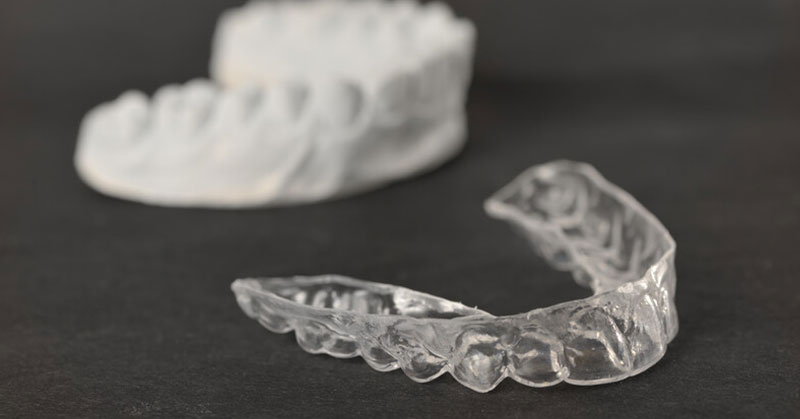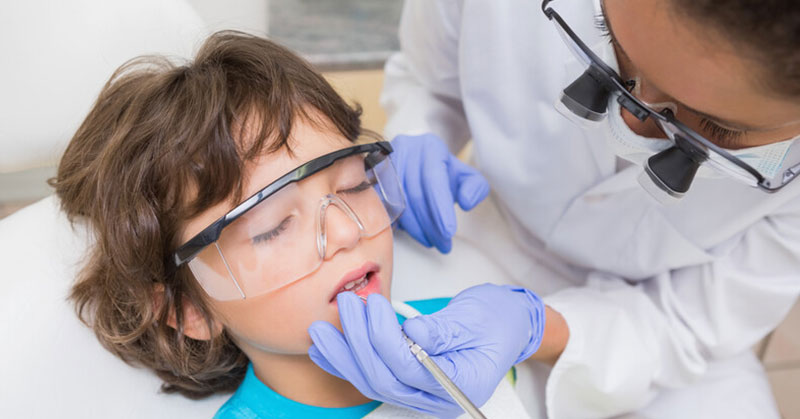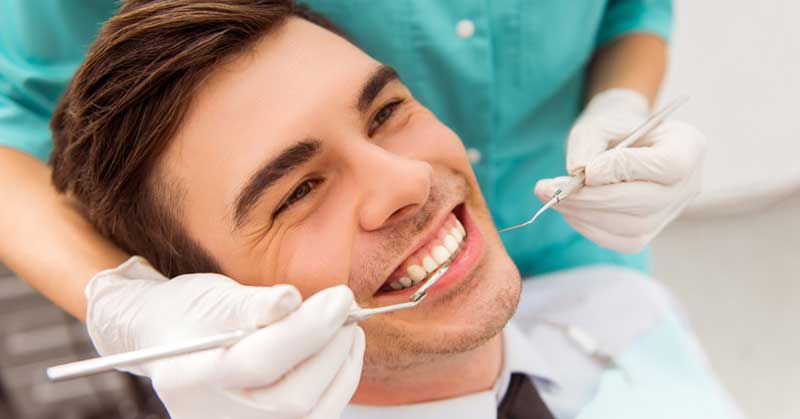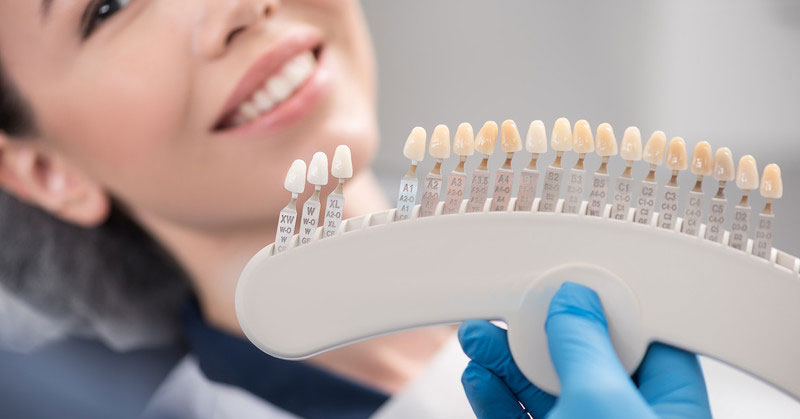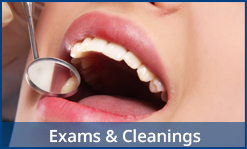It wasn’t all that long ago when, if you wanted to have straighter teeth, you were faced with the prospect of wearing traditional metal braces for many months and sometime even years. But thanks to recent advancements in dental technology, many patients can skip metal braces altogether. In fact, more and more people are now opting to straighten their teeth with clear plastic aligners. Once you consider all the advantages that come with this type of orthodontic treatment, you’ll understand why they have become so popular.
- Clear plastic aligners are invisible. Unlike traditional metal braces, this teeth-straightening method is, quite literally, invisible to other people. So no one will have to know that you’re wearing any type of orthodontic appliance.
- Clear plastic aligner trays are more comfortable. Metal braces can be uncomfortable for the patient to wear, and often cause irritation of the gums, tongue and inside the cheek. Aligner trays, on the other hand, are relatively comfortable to wear.
- Clear plastic aligner trays typically work quickly. Traditional braces take time to move teeth; often as long as two or three years. But patients who wear aligner trays often enjoy a straighter smile in as little as 12 to 18 months. (Of course, the amount of time needed to straighten teeth depends on how severely your teeth were misaligned to begin with. Ask your dentist or orthodontist for an estimate of how long it will take for you to achieve a straighter smile.)
- Clear plastic aligner trays are removable by the patient, making it much easier to enjoy meals and thoroughly clean your teeth and gums. You’ll still need to wear the aligner trays most of the time – 22 hours a day is recommended for most brands. But because you can remove the trays to eat meals, it means you can enjoy whatever foods you’d like, with none of the dietary restrictions that come with traditional metal braces.
- Clear plastic aligner trays don’t require the adjustments that need to be made with traditional metal braces. Your dentist or orthodontist simply provides a new set of trays every two to three weeks, as your teeth gradually move into their new, straighter positions.
While there’s no doubt that aligner trays offer several benefits over metal braces, they may not be the best choice for every patient. Ask your oral health provider for more information and find out whether clear plastic aligners are right for you.

